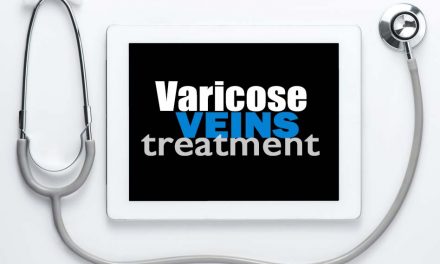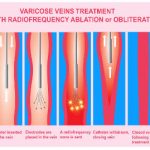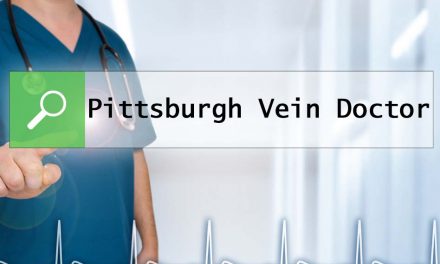
Pittsburgh Vein Clinic Regrets? Did Your Varicose Veins Come Back?
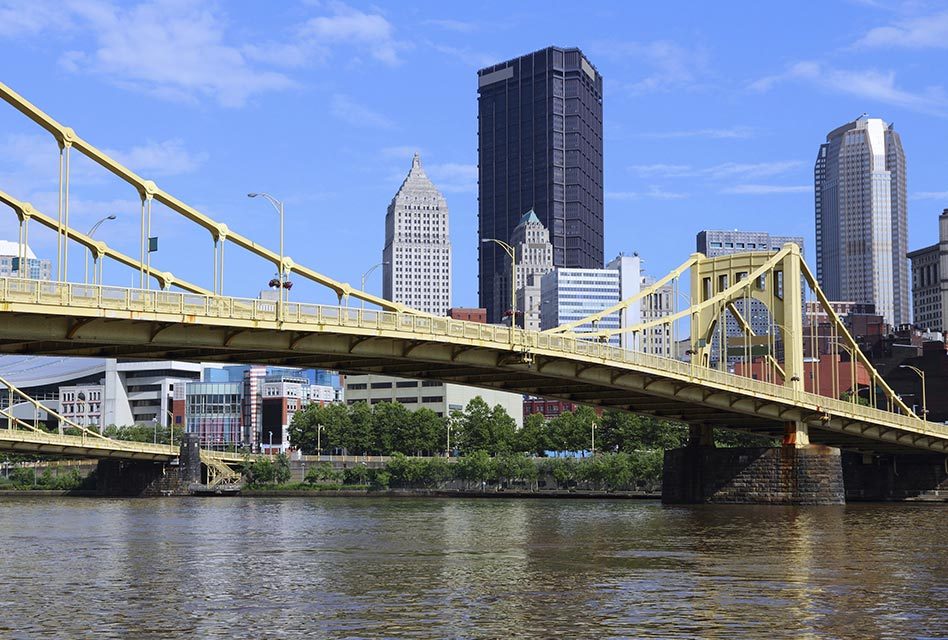
Recurrent Varicose Veins Patients Need Experienced Help
Pick Yourself Up, Dust Yourself Off and Call Dr. Kavic
If you’ve had varicose vein treatments at a vein clinic in Pittsburgh, and the same veins came back within a year or two, you have to start all over again.

“It’s so frustrating to keep getting the same varicose veins back after treatment.”
It’s disappointing, costly and a huge waste of time.
Let’s face it.
It’s devastating.
All that work, trips to the vein clinic, and the same veins keep coming back.
It feels like you got punched.
You need a plan.
Everybody has a plan until they get punched in the face,” to quote Mike Tyson. Well, you just got punched in the face.
One of the most common reasons for this problem of recurrent varicose veins is that the varicose veins weren’t treated properly at the first vein clinic. In the Pittsburgh area, the most common offenders are invasive radiologists.
Often, radiologists will only treat the saphenous veins which feeds into the varicose veins on the surface of the skin.
That’s not enough!
Invasive radiologists aren’t used to admitting patients or following through with their post treatment care. They are criticized as being just “proceduralists.”
Performing only one well reimbursed procedure to ablate the saphenous vein is not enough to satisfy most people. Even though the vein “bumps” on the skin will often initially get smaller, they inevitably come back.
It’s cosmetically unappealing.
Worse than that the veins hurt and ache all over again.
That’s why additional treatments with either sclerotherapy (injections) or phlebectomy (removal of larger bumps through mini incisions made with a needle) are usually necessary as an adjunctive procedure to saphenous ablation.
Radiologists often farm out the treatment of the surface varicose veins to surgeons or sclerotherapists. It’s quite unusual for radiologists to be proficient with sclerotherapy or phlebectomy since they were not trained in these techniques.
Furthermore, those two adjunctive procedures are not reimbursed well by insurance companies. They are very tedious, laborious, and more burdensome to perform and much more difficult compared to the more lucrative initial saphenous vein ablation. There’s a hidden agenda in these cases.
Let me be clear about something.
If you’ve had previous treatments on your varicose veins, you are in a different boat than someone who has never had their veins treated in the past.
Not addressing those bumps on the skin initially makes later attempts to get rid of them more difficult. The surface veins are more extensive and will recur more often than if they were taken care of properly in the first place.
Causes of Recurrent Varicose Veins
- Untreated Surface Varicose Veins
We’ve touched on this already. Although some vein clinics believe that the surface veins can be watched after a saphenous vein ablation, regular follow ups are difficult – especially in patients whose pain has been initially relieved. The problem is that routine follow-ups on asymptomatic patients are not covered by insurance.
Eventually, most people with recurrent varicose veins will just go to another vein clinic because of the unsatisfying results or return to the same doctor years after the initial treatment.
It’s really not fair to the doctor at the second place who has to “clean up the mess” from the incorrectly treated veins from the first doctor. They are very challenging to treat.
Frequently these patients have to seek out another physician who can complete their treatment. This is a case of exploitation not only of patients, but also of colleagues.
The vein specialist, by training and intent, must take responsibility for the treatment of underlying reflux sources as well as visible varicose veins on the skin surface.
- The Wrong Vein Was Initially Treated
The main cause for this is that an incorrect Doppler venous ultrasound was done in the first place. Even trained registered vascular technicians have difficulty performing this procedure called a venous reflux exam.
The final product is very operator dependent. It is not like shooting an x-ray.
It is very important that the vein doctor have hands-on Doppler ultrasound involvement during or before the technician performs the exam. The ideal situation is for the vein specialist to be able to perform the test themselves to verify the results of the technician.
Only the doctor knows the pathophysiology, treatment restrictions, and treatment options that an ultrasound technician cannot be expected to understand.
Besides the saphenous veins, incompetent perforating veins, pelvic veins and anterior saphenous veins or a combination of these may need treatment.
Some of these abnormal veins may return to normal by the treatment of just one. The technician does not know that.
A detailed and thorough comprehensive Doppler ultrasound scan is necessary because the wide spectrum of the different permutations of superficial venous disease. No two cases are alike.
- New Veins Form Because of Natural Progression of the Genetic Disorder
Varicose veins will ultimately occur do novo in different veins because varicose veins are a genetic disorder.
All that a vascular specialist at a vein clinic can do is treat the veins that are abnormal at that particular point in time.
As time passes, the valves in veins that were normal at the time of the original treatment can also fail.
It is believed that the risk of developing new veins in other veins in the legs is about 4.5% per year. That’s after a perfect operation was done on your veins by the best vein specialist.
Sometimes saphenous ablations will fail. Ablations are currently performed by either laser or radiofrequency of the treated veins to heat those veins and coagulate them.
If enough heat has been used, the treated veins will eventually seal and be absorbed. If inadequate heat was used, the same vein can open up and become a problem again.
The same concept is true with injections or sclerotherapy. If the varicose veins are too large, the injected medication cannot cause enough damage to close the vein.
In large veins, removal or phlebectomy is more efficacious and less painful after the treatment. In large veins, the cosmetic results are also superior with less brown staining or hyperpigmentation.
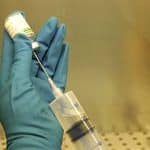
These are two examples of the wrong vein treatment being used.
In addition, insurance companies are limiting the number of treatments that they will allow.
Trying to inject too many veins with more medication than is safe to try to fill all of the varicose veins in one treatment is dangerous.
It is also doomed to failure. It takes an experienced vein specialist to know which treatment to choose.
Conclusion
Recurrent varicose veins are very challenging to treat.
Some vein clinics don’t have the experience to treat veins that keep coming back.
They keep doing the same treatments which keep on failing. Einstein stated that the definition of insanity is doing the same thing over and over but expecting different outcomes.
If your doctor fails repeatedly after treating your varicose veins trying the same treatment method, you need another opinion.
Although new veins are inevitable over long periods of time, their incidence can be minimized using proper techniques and thorough preoperative Doppler ultrasound tests.
Beware of the “hidden varicose veins” agenda at some vein clinics have in Pittsburgh. Treating saphenous veins with ablation is much more lucrative than the necessary and tedious follow up treatments with sclerotherapy and/or phlebectomy.
Falsified doppler testing on these “hidden” varicose veins is a common money making scheme. Read these shocking facts about unethical vein clinics in Pittsburgh that perform unnecessary treatments for profit.
One of the biggest traps that most people fall into is choosing the closest vein clinic. It’s a common mistake.
By not researching how varicose veins are best treated, you may be falling into a trap of a revolving door of unending recurring varicose vein procedures.
Getting it right with the right vein specialist at the right vein clinic the first time will save you a lot of time, money and pain.
Going to an experienced vascular surgeon who specializes in veins is your best bet for lasting results from varicose vein treatments.
Guess what?
When I typed a search on the internet for best vein doctors, guess what came up on Google’s first page?
All vascular surgeons … Hmmmmm!
Dr. Kavic is a vascular surgeon who specializes only in veins. He is a Diplomat of the American Board of Vascular Surgery (board certified in vascular surgery).
Dr. Kavic is also known as a leader in his field and has more experience treating veins than anyone in Pittsburgh.
Call us at 724-987-3220 if you have recurring varicose veins and need help.


